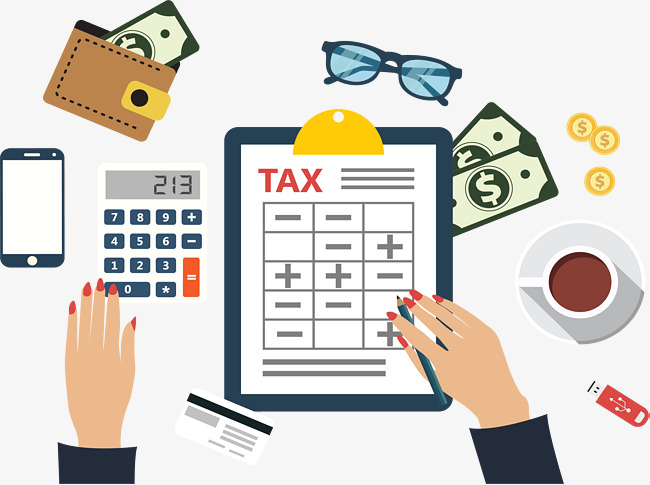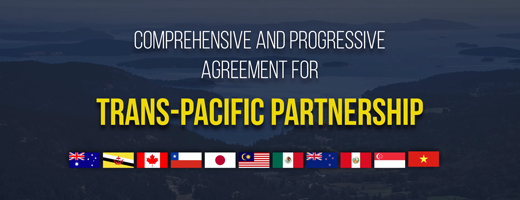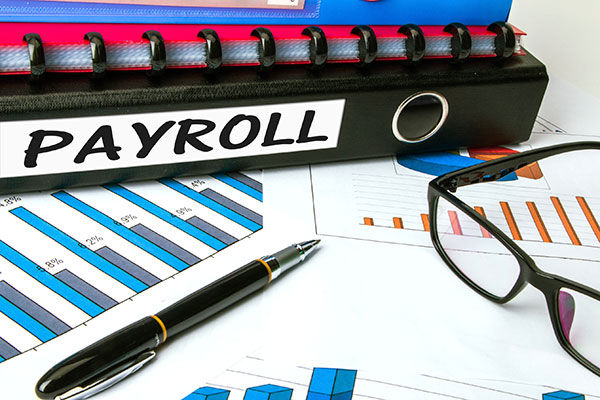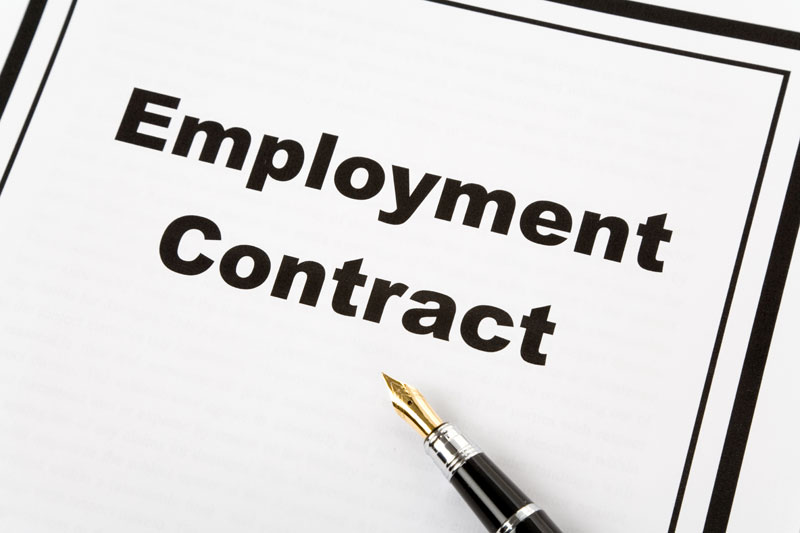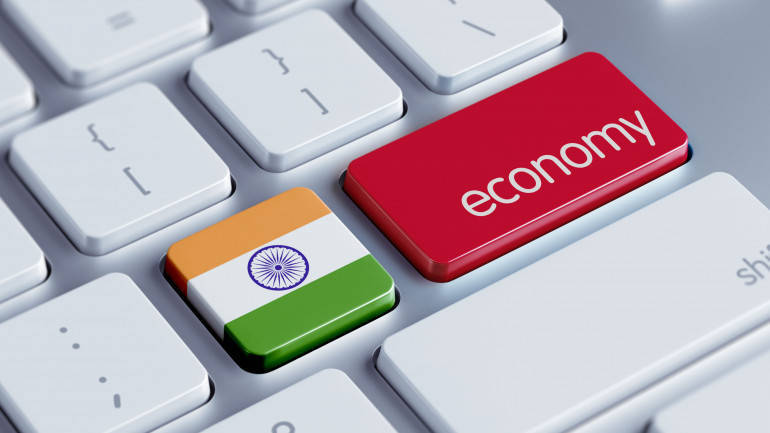On 23rd August 2018, the Government issued Decree no 108/2018/ND-CP amending, supplementing some articles of Decree no 78/2018/ND-CP on enterprise registration. These changes are expected to create new progress in the number of a start-up company in 2019, contribute to enhancing the development and competition in the economic system. Moreover, the alteration in the new Decree will help minimize the administrative procedures, improve the business environment and attract the investment from foreign individuals and organizations.

There are 9 notable new points as follow:
1. The dossiers submitted to the Business Registration Office shall not need to be sealed.
This regulation simplified the procedure on the stamp of the Company, help reduce the expenses and the time for Enterprise.
Also stipulated by this new Decree, the Power of Attorney authorizing a person to execute the procedures related to the enterprise registration is not compulsory to notarize. According to the Civil Code and Law on Enterprise 2014 and the guidance documents, the Power of Attorney is not required to notarize, however, because some cases are made difficult by the competent authorities, Decree No. 108/2018/ND-CP clarified this point.
2. Simplification the application for one member limited liability Company.
With the regard to one-member limited liability Company that the owner is an organization, the application for enterprise registration will no longer need the copy of Article of Association of that organization as regulated by the previous Decree.
3. The Enterprise can execute many procedures at the same time.
The Decree No.108/2018/ND-CP has one new regulation compared to Decree No.78/2015/ND-CP on the conversion of the Enterprise. Namely, the enterprise may register conversion of an enterprise and register changes of enterprise registration information or notification of other enterprise registration information, except registration of change of the legal representative.
4. Provision in detail the enterprise registration dossier of an enterprise converted from a business household.
Article 25a is supplemented in the Decree providing in detail and guiding the dossier and procedures to establish an enterprise on basis of conversion from the business household. This new point satisfied the provisions of Law on Assistance for small and medium-sized enterprises. Accordingly, the registration dossier comprises the original of certificate of business household registration; legitimate copy of the tax registration certificate and other documents required, appropriate with the type of Enterprise.
5. Registration Dossier can be submitted by post.
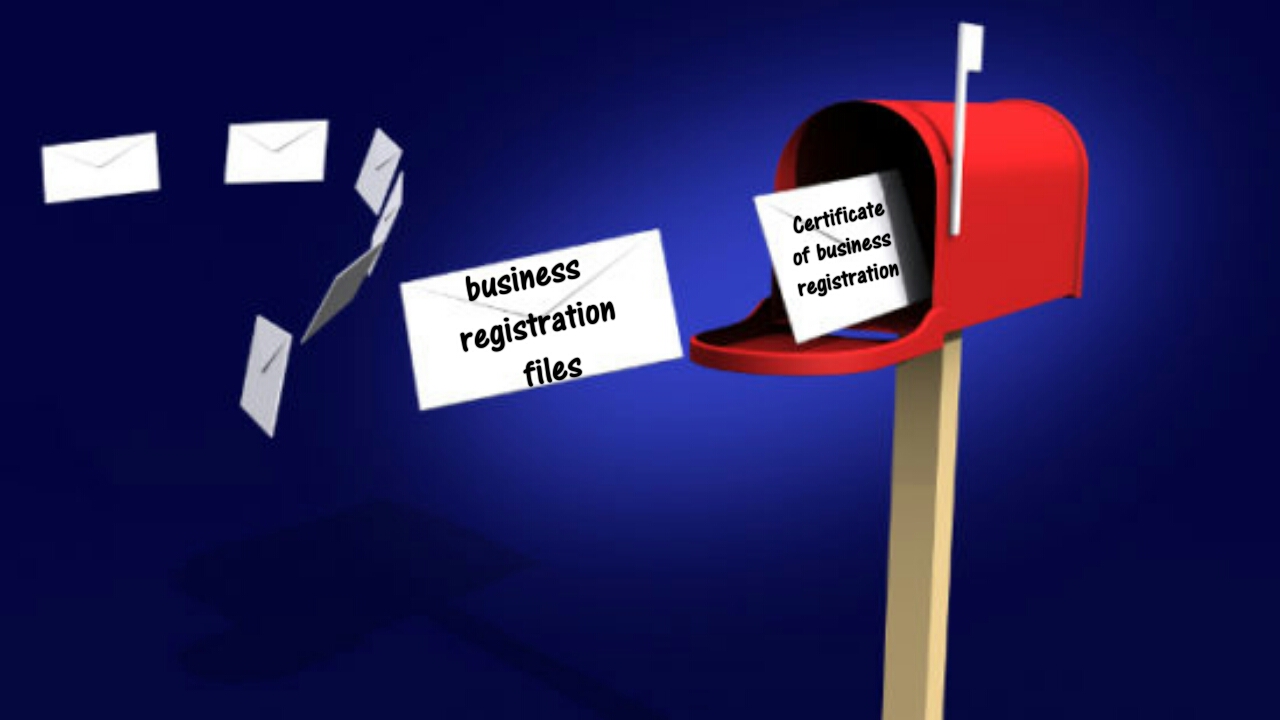
According to the previous regulations, the Enterprise must submit the dossier directly at the Business Registration Office. However, Decree No.108/2018/ND-CP amend the Article 29, allowing the Enterprise to submit the dossier and receive the Enterprise Registration Certificate by post. The new way of application and receiving the result facilitate the Enterprise, help them save time and reduce travel expenses.
6. The enterprise are allowed to establish the business location in the central-affiliated provinces, cities outside the place of registered headquarter or branches.
According to Decree No 78/2015/ND-CP, Enterprise must establish the business location in the same central-affiliated provinces, cities which headquarter or branch of the Company is located. This regulation limited the right to operate freely and proactively of the Enterprise, costed a large amount of money of Enterprise to establish the branch to manage the business location. Decree no 108/2018/ND-CP repealed this regulation, help increase the flexibility and the right to operate and expand actively of Company to many other regions without the establishment of a branch.
7. Improvement of the online application for the enterprise registration procedure

In practice, Decree No. 78/2015 / ND-CP has not yet created a favorable mechanism for enterprises to register their enterprises online, therefore, Decree 108 has improved the business registration process in favor of people and enterprises. Previously, the person allowed to sign the online enterprise registration dossier is limited to the legal representative of the company, but with the new regulations, the authorized person shall sign the application for registration themselves or authorize other individuals to carry out procedures related to enterprise registration via electronic networks.
8. Reduction of procedures for notification of changes in information of founding shareholders of joint-stock companies
Previously, a joint-stock company must notify the business registration office of any changes in the registered founding shareholders information, which in turn impose an undue burden and expense on the Enterprise. Conceived this issue, the new regulation has reduced the number of cases where it is necessary to announce the change of information of founding shareholders and only one change has to be notified from now on is the founding shareholder who has not yet paid or only paid part of the registered shares.
9. The charter capital reduction file no longer require the latest financial statement with the time of capital reduction decision.
In case of reduction of charter capital, according to old regulations in Decree 78/2015/ND-CP, enterprises must commit to ensure full payment of debts and other property obligations after the reduction of capital. Along with the dossier, the company's financial statement at the latest period must be attached. However, according to the new regulations, capital reduction dossiers do not need to have the company's financial statements anymore.
Decree 108/2018/ND-CP comes into force on 10/10/2018, promising to create breakthrough in business registration, reduce administrative procedures, expand and attract sources of investment from domestic and foreign organizations.
*****
Please contact us for any further concerns related to the topic of this article.
About Us
Asia Business Consulting is a boutique consulting firm specializing in corporate establishment, legal and business advisory, tax and payroll compliance, HR administration, market research to multinationals investing in Vietnam. For further information or to contact the firm, please email This email address is being protected from spambots. You need JavaScript enabled to view it. or download the company brochure. You can stay up to date with the latest business and investment news in Vietnam by subscribing for our newsletters.
On 23rd August 2018, the Government issued Decree no 108/2018/ND-CP amending, supplementing some articles of Decree no 78/2018/ND-CP on enterprise registration. These changes are expected to create new progress in the number of a start-up company in 2019, contribute to enhancing the development and competition in the economic system. Moreover, the alteration in the new Decree will help minimize the administrative procedures, improve the business environment and attract the investment from foreign individuals and organizations.



